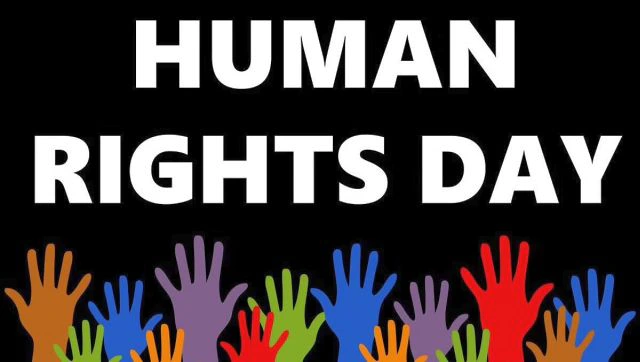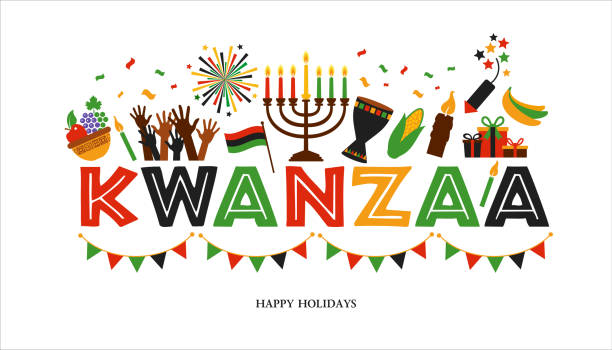This month, the IDEAS Council wants to shine a light on Human Rights Day and Kwanzaa.

Every year, December 10 is observed as Human Rights Day. It honors the day when the United Nations General Assembly approved the Universal Declaration of Human Rights (UDHR) in 1948. The UDHR states that all humans have certain inherent and inalienable rights that should be universally protected. Human rights cover a range of principles, including freedom from slavery and torture, the right to life and liberty, freedom of speech, the right to a job and an education, and many more. These rights apply to every human without exception.
Consider organizing a vigil or other commemorative event in honor of individuals whose human rights have been violated in the past and those whose rights are continuously being infringed now. Organize a dance, party, or talent show. You can also host a party with a human rights theme. Large social events are an excellent method to raise public awareness to this problem.
Human Rights Day has a different topic every year. Human Rights Day in 2022 emphasizes the role that rights play in fostering social harmony and building a more equitable society for future generations.
***
Kwanzaa is a weeklong celebration that honors African heritage in African American culture. Kwanzaa is observed from December 26 to January 1 and culminates in gift-giving and a large feast.

The holiday is relatively new, compared to other holidays celebrated in the U.S. Dr. Maulana Karenga, professor, and chairman of Africana Studies at California State University first created Kwanzaa in 1966. He created this holiday in response to the 1965 Watts Riots in Los Angeles to bring African Americans together as a community.
The name Kwanzaa is derived from the phrase “matunda ya kwanza” which means first fruits, or harvest, in Swahili. Celebrations often include singing and dancing, storytelling, poetry reading, African drumming and feasting.
The seven principles represent seven values of African culture that help build and reinforce community among African Americans. Each day a different principle is discussed, and a new candle is lit on the kinara (candleholder). On the first night, the center black candle is lit, and the principle of Umoja, or unity is discussed. On the final day of Kwanzaa, families enjoy an African feast, called karamu.
***
We are looking for two new council members to join the IDEAs council. If you are interested, please reach out to Hailey Lavoie at HLavoie@CMCenergy.com or the council general email at Ideascouncil@CMCenergy.com.
IDEAs Council topics for the coming months:
February Newsletter – Revisit 2022’s top topics and Three Kings Day
March Newsletter – Ayyam-i-Ha and Nineteen-day Fast

